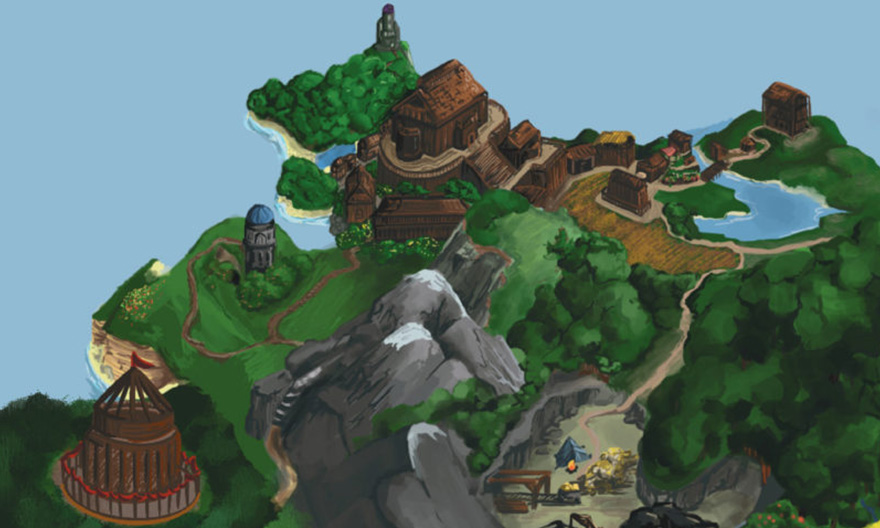Students’ Culminating Experience at Yale-NUS
The Yale-NUS curriculum culminates in a capstone project during the final year: a self-directed research, experiential or creative project, which students pursue under the guidance of a faculty member.
As part of their capstones, Yale-NUS students have embarked on a wide range of projects, from designing a game that teaches players about environmental crises to studying Chinese foreign policy in sub-Saharan Africa, and running computer-based models of metabolic engineering to develop high-yield rice.
Innovative Capstones
There is no such thing as a ‘typical’ Yale-NUS capstone project. Each capstone is unique and can come in a variety of different formats depending upon the particular question the student wants to explore and the method that best suits their question. Our students draw on the full range of their experiences during their time at Yale-NUS to find inspiration for their capstone project. Here are some examples of the innovative capstones our students have produced:
- Environmental Studies: Designing a tabletop game that allows players to take on the role of different factions on a simulated island and work together to navigate possible environmental futures.
- Anthropology: Using online data-scraping of maid agency websites and in-person interviews to study why migrant domestic workers in Singapore give up their weekly rest-days.
- Arts and Humanities: Creating a short film, “After Life,” which is an inquiry into what happens after we die.
- Physical Sciences: Using quantum field theory to precisely model the electronic properties of synthetic molecules positioned on gold surfaces.
- Double Degree Programme in Law and Liberal Arts: Studying women without property and the institution of marriage in Jane Austen’s Pride and Prejudice and Virginia Woolf’s Orlando.
- History: Drawing on oral history interviews and archival research in the National Archives to investigate Singapore’s Anti-smoking Campaign from 1979 to 1989, and the development of anti-smoking norms.
- Urban Studies: Using in-depth field research methods to study the causes of sand mining in a peri-urban village in Kenya.








